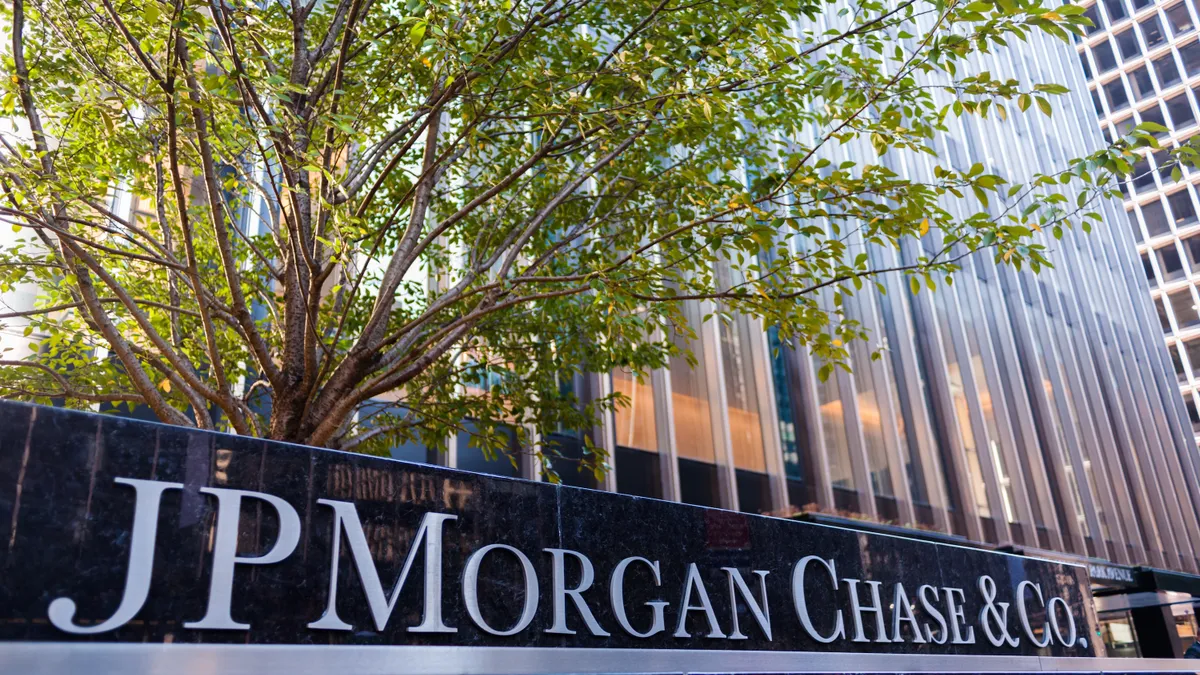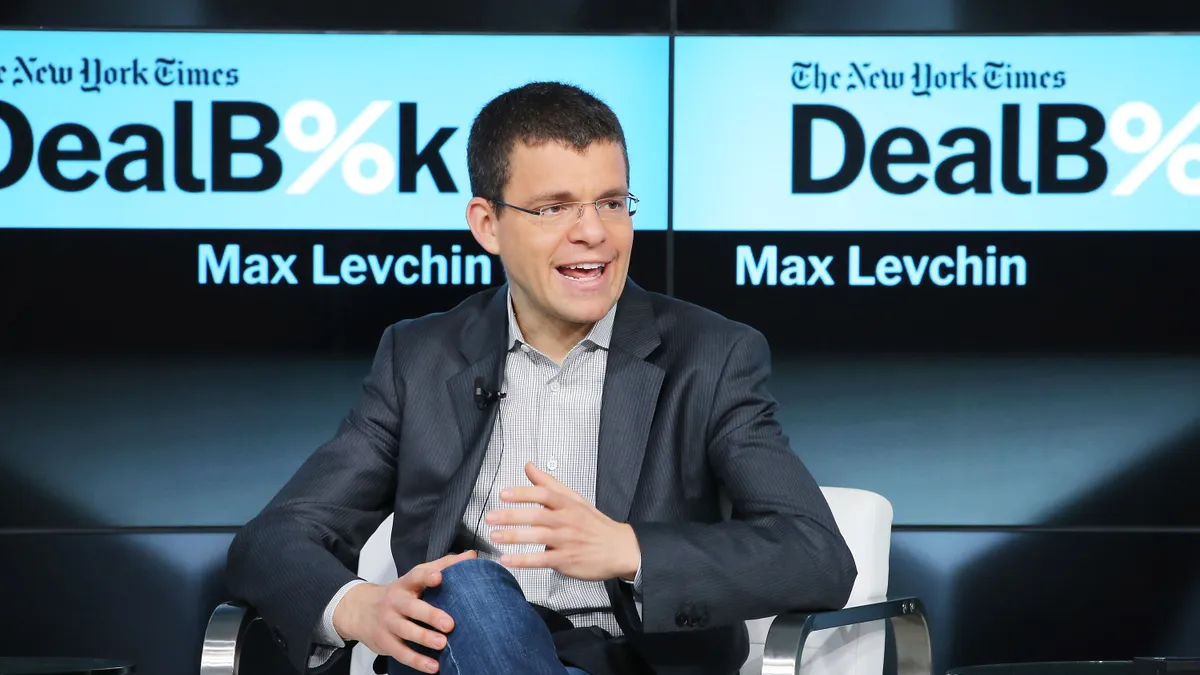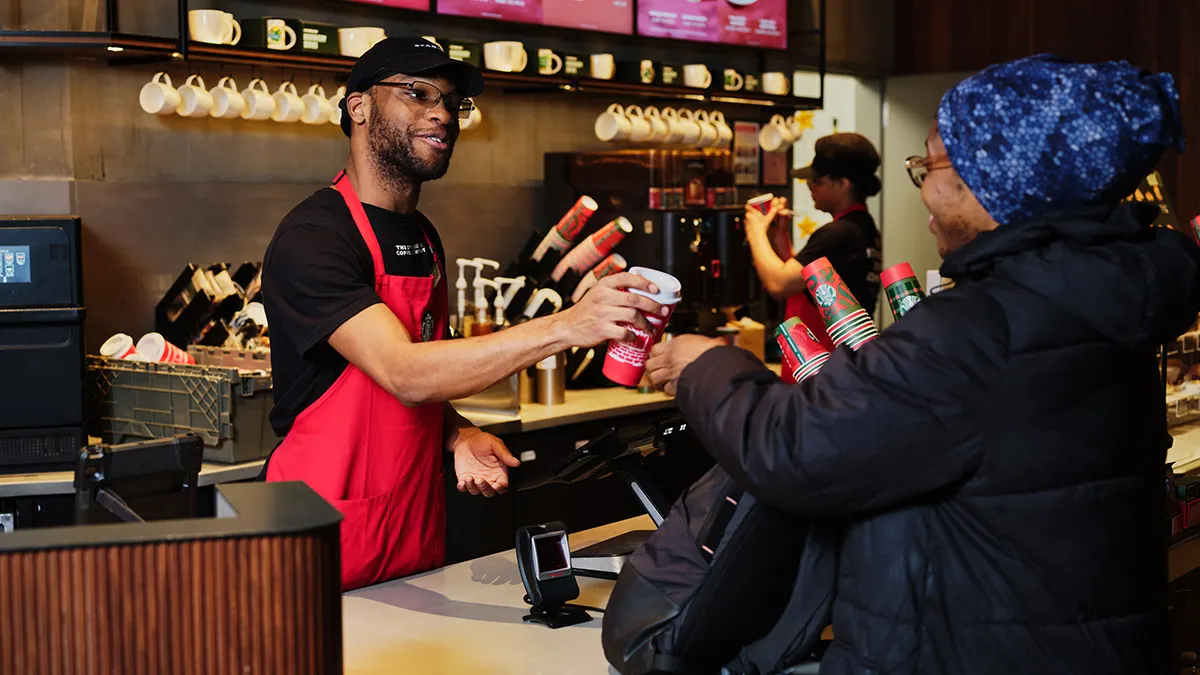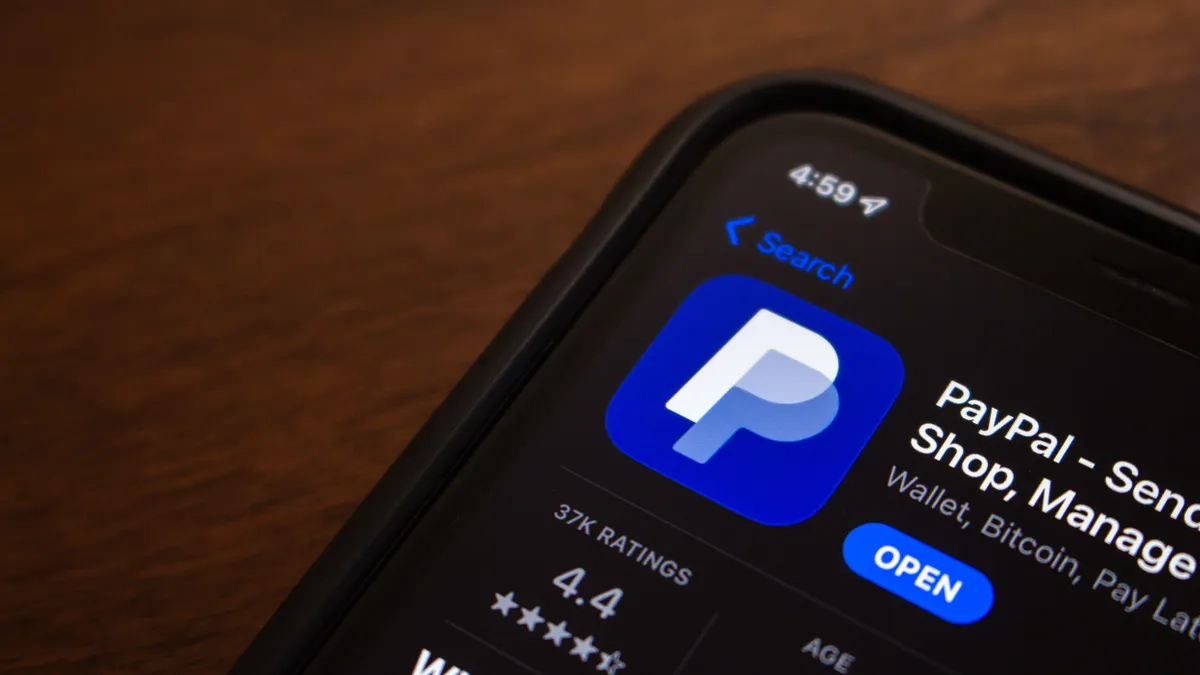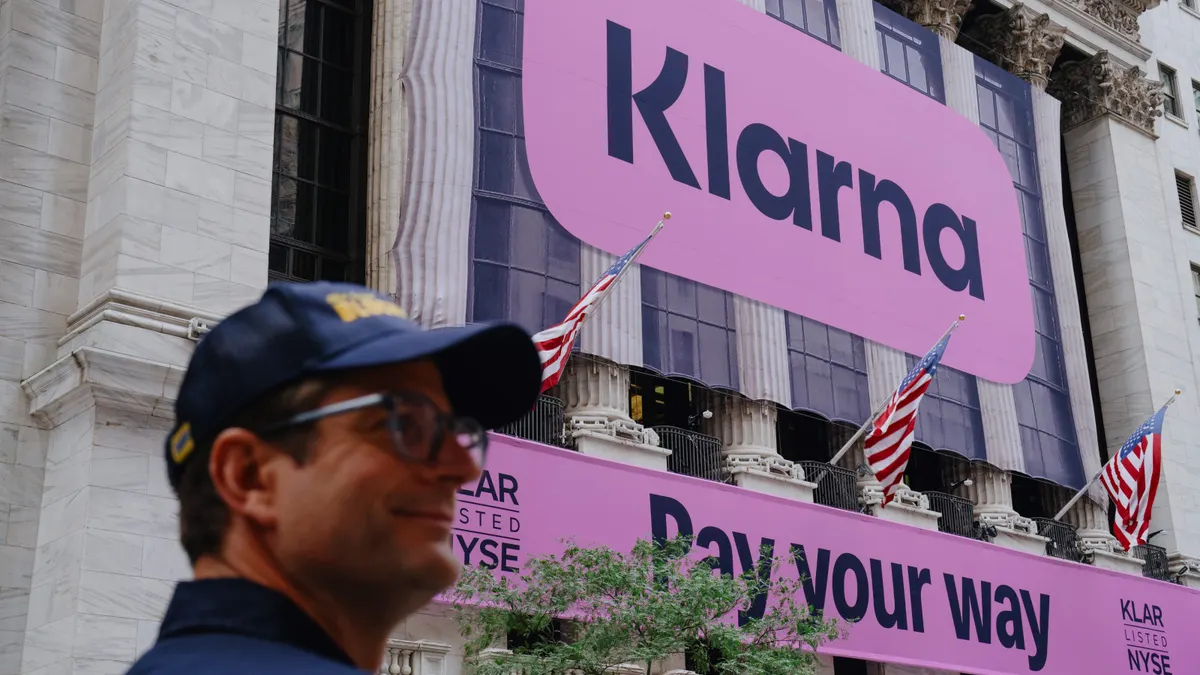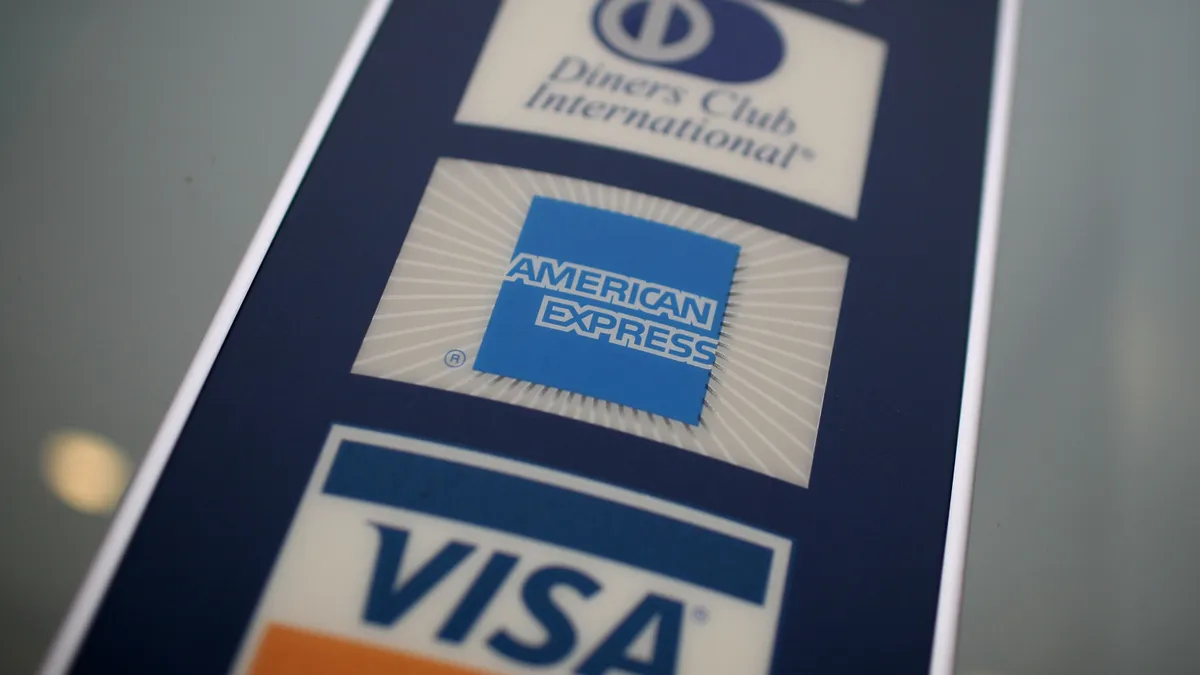Community banks represent an untapped area of growth for the Zelle peer-to-peer payment platform, but many of those small financial institutions might be reluctant to work with the network, industry consultants say.
Zelle parent company Early Warning Services announced Monday that it added 178 banks and credit unions to the payment platform in the first quarter of 2025 and the last quarter of 2024, bringing the total to roughly 2,300.
That figure represents just over a fourth of the roughly 8,800 federally insured banks and credit unions in the United States, according to the latest data from the FDIC and the NCUA. Still, an Early Warning Services spokesperson said the banks using Zelle touch about 80% of the deposit accounts in the U.S.
Many of the nation’s largest banks, including JPMorgan Chase, Wells Fargo, Bank of America, PNC Bank and Capital One, are already on the network, leaving smaller community banks as one of the few remaining lines of business for Zelle to chase.
But those institutions face a difficult choice when deciding whether or not to join the P2P payment platform, said Richard Crone, CEO and founder of Crone Consulting. Customers want access to real-time payment networks like Zelle, but the network charges relatively high rates, he said.
“From our consulting experience we have seen the prices vary between 25 cents a transaction, all the way up to 90 cents a transaction,” Crone said in an interview Tuesday. “To put that in perspective, for any one of these banks or credit unions to process a paper check, that’s only 5 to 15 cents.”
The spokesperson disputed those figures, asserting that there is one “identical” pricing structure for all of the company’s Zelle clients, including technology company clients that may resell the services to smaller financial institutions. The spokesperson noted that “resellers” of the service may develop their own pricing for their customers, taking into account ancillary services.
“Resellers set their own pricing for Zelle based on their customer’s needs and it covers additional services they provide,” the spokesperson said.
That could be where a discrepancy creeps into the difference between the cost to small and large banks.
The seven banks that own Early Warning Services likely pay lower rates for Zelle services, Crone said, contrary to the spokesperson’s statement.
Those major bank owners include JPMorgan Chase, the largest U.S. bank, Bank of America, Capital One, PNC Bank, Truist, U.S. Bank and Wells Fargo.
But banks that don't work with Zelle are missing out on potential customers, he said. Crone Consulting research shows that new account openings are 5% to 15% higher at banks that offer a peer-to-peer payment platform like Zelle compared to those that don’t, Crone said.
On the flip side, EWS is facing its own pressures.
The company also recently offered up the Zelle network to the U.S. Department of the Treasury as a way to accept payments from taxpayers and send out tax refunds, eliminating the need for paper checks, noted Tony DeSanctis, senior director of payments for the consulting firm Cornerstone Advisors.
“If they want to pick that up, they need to get every bank they can,” he said in an interview Tuesday. “It’s important for them to be able to say ‘We have 99% penetration into federal funding recipients,’ which is I'm sure what they’re trying to get to.”
Transactions on the Zelle network also gives Early Warning Services access to troves of customer data that it can use to power emerging payment technologies like agentic artificial intelligence bots and digital wallets that make purchase recommendations for consumers, or in some cases, do their shopping for them, Crone said.
“To compete in agentic payments, Early Warning must match Visa and Mastercard’s issuer penetration, or risk being bypassed entirely by AI-powered agentic wallets,” he said.
The spokesperson pointed to a 2022 joint study from EWS and the analytics firm Curinos that concluded that Zelle drives customer engagement for financial institutions that use the payment platform.
New users of Zelle made nearly three times as many debit transactions in the first year of using the service compared to non-Zelle users, the study found.
“Our partnership with community banks and credit unions is deeply valuable to us and helps banks and credit unions do what they do best — stay close to their customers and members, and continue to deliver value, even in uncertain times,” Zelle general manager Denise Leonhard said in a Monday news release.
Democrats in Congress and consumer advocates have admonished Zelle for allowing scams and fraud to flourish on its platform. The peer-to-peer payments services has been the subject of congressional hearings and investigations and its executives have appeared before Senate committees to discuss what they are doing to protect users.
The company, for its part, has defended its practices, telling lawmakers that it warns users not to send money to anyone unless they are certain of the recipient’s identity. Company executives and spokespeople frequently cite internal data that shows that 99.95% of transactions on the platform do not involve scams or fraud.
Nevertheless, some of the seven banks that own EWS have taken steps to address scams and fraud. JPMorgan, for example, announced in February that it would no longer process payments for transactions that originate on social media platforms like Facebook.
Clarification: This story has been updated to reflect additional input from an Early Warning Services spokesperson, providing more explanation and disputing some information.


